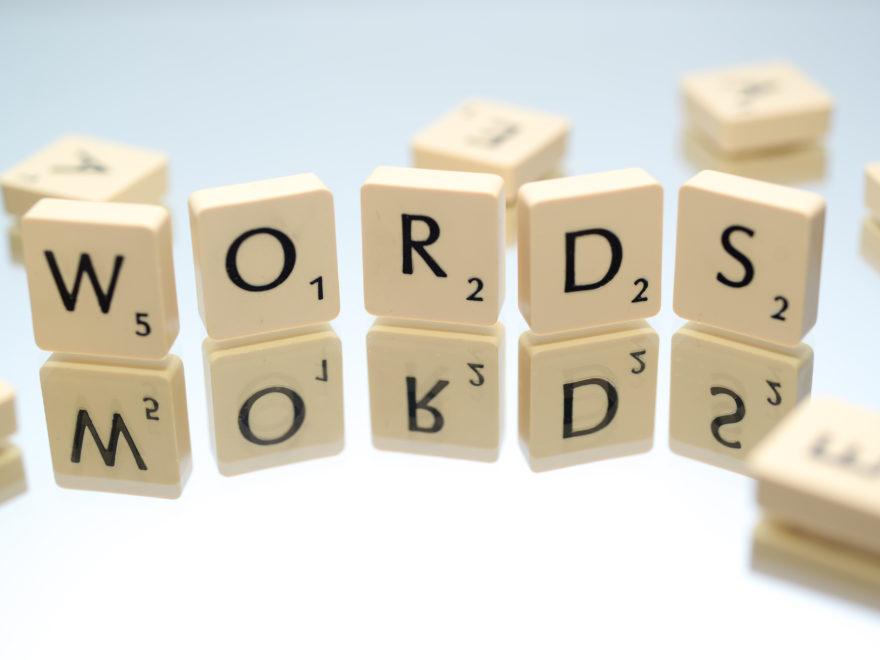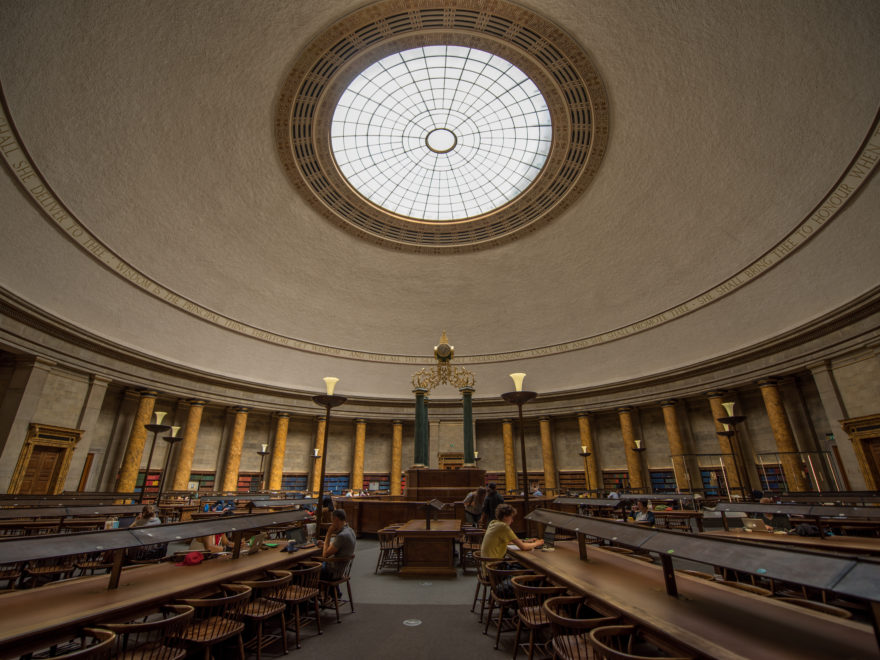Tag: humanities
-

The Flow of Thought, Part 5: The Play of Words
“Words, words, words.” Such was the enigmatic reply of Hamlet to Polonius’ question, “What do you read, my lord?” And as always, Hamlet’s feigned madness displays the ironical insight of a verbal sense of humor. After all, what is anyone reading these days, but merely words, words, and more words? Of course, Polonius interprets this…
-

Woodrow Wilson’s Educational Reform
Princeton is different than it once was. One man altered the small college in the heart of New Jersey, setting it on course to become one of the most prestigious institutions in America. Investigating the principles of Woodrow Wilson’s educational reform provides insight into the direction American education would go during the 20th century. As…
